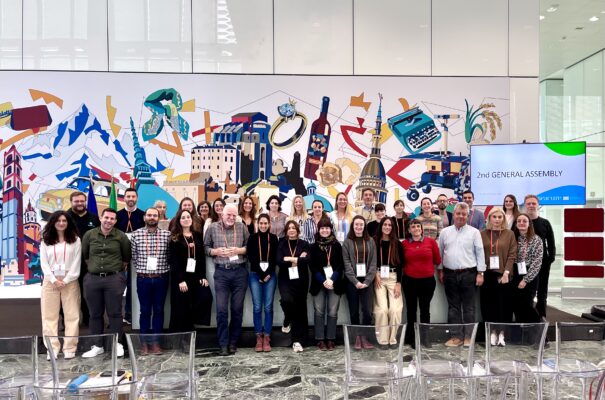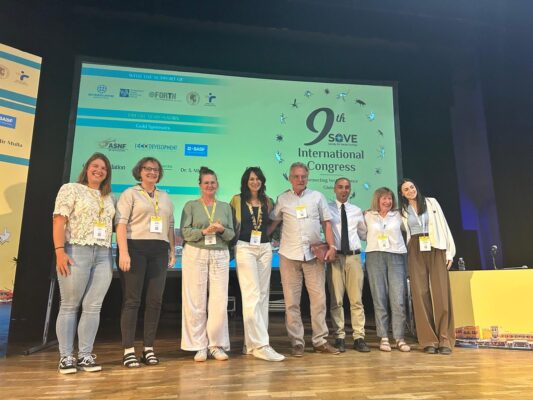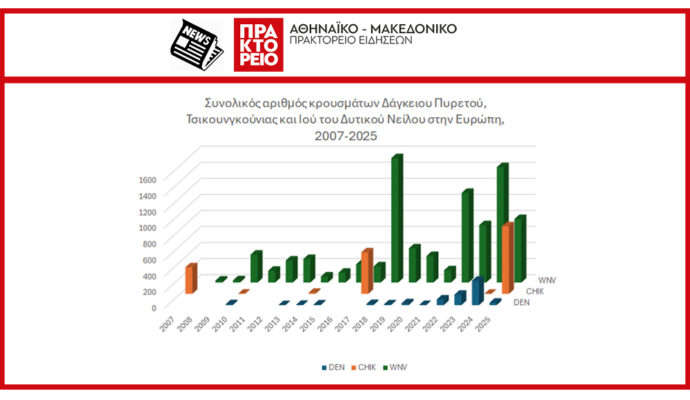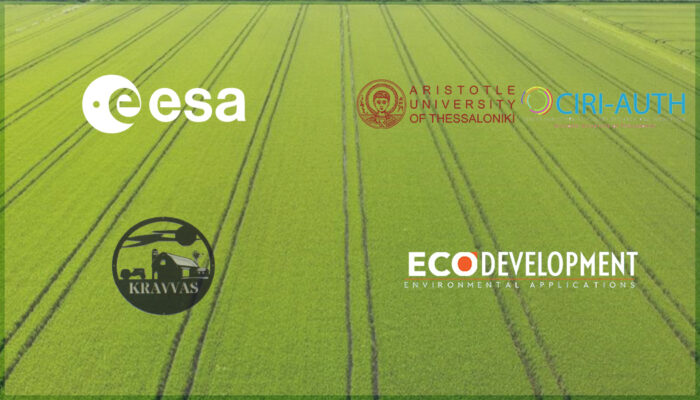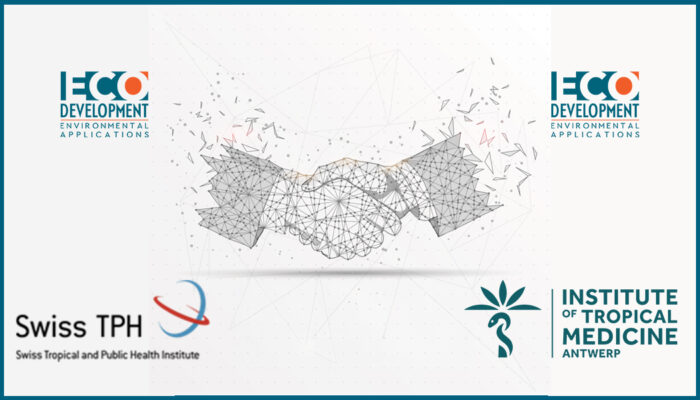At the invitation of Dr. Ng Lee Ching, Director of the Environmental Health Institute (EHI) of the National Environment Agency (NEA) of Singapore, Spiros Mourelatos attended the release of sterile Aedes aegypti male mosquitoes in an area of the city of Singapore. Later on, he visited the NEA’s main facility, which houses the Wolbachia-Singapore project’s sterile male mosquito production unit.
This programme has been running continuously since 2016, with the main objective of tackling dengue in Singapore by drastically reducing the population of Aedes aegypti, the main vector of the disease. It is the most scientifically and operationally well known and reliable sterile male Aedes aegypti vector release project of Wolbachia vectors internationally. NEA has acquired the relevant expertise and now independently produces 5,000,000 sterile male Wolbachia vector mosquitoes every week.
According to the published results of the National Environment Agency, in the project areas (about 600,000 households), the probability of dengue infection has been significantly reduced by about 75%, as a result of a corresponding 80-90% reduction in the population of Aedes aegypti mosquitoes, vectors of dengue, in the study areas.
The main conclusion of this visit, apart from its scientific and operational interest, was whether the economical and technical characteristics of this methodology allow its application on European territory on a similar large scale.
The National Environment Agency (NEA) is the lead public agency responsible for ensuring a clean and sustainable environment for Singapore and its key role, among other things, is to maintain high standards of public health. NEA works closely with its partners and the community to develop and spearhead initiatives and programmes for the environment and public health.






